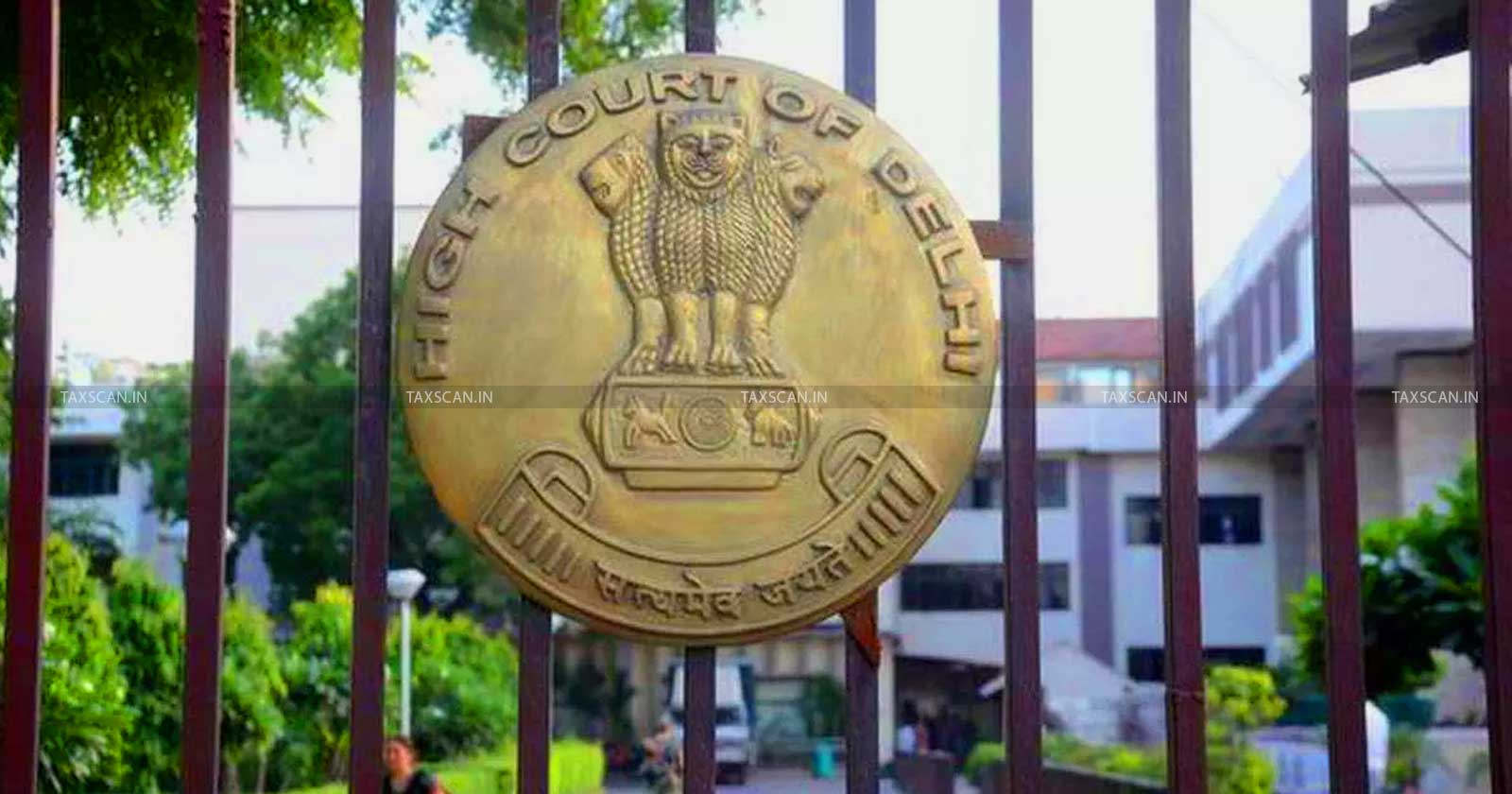IRP not a Public Servant: Delhi HC quashes CBI FIR u/s 7 of Prevention of Corruption Act [Read Order]
Quashing an FIR registered against IRP for alleged Bribe, Delhi HC held that IRP is not a Public Servant.

Insolvency Resolution Professional – Public Servant – delhi hc – delhi high court – Prevention of Corruption Act – TAXSCAN
Insolvency Resolution Professional – Public Servant – delhi hc – delhi high court – Prevention of Corruption Act – TAXSCAN
The Delhi High Court has recently quashed a First Investigation Report (FIR) lodged against and determined that an Insolvency Resolution Professional (IRP) does not fall under the definition of a "public servant" as outlined in Section 2(c) of the Prevention of Corruption Act, 1988.
The Single Bench of Justice Tushar Rao Gedela emphasized that not all duties categorized as "public duty" necessarily embody a "public character."
The court stated that just because the IRP is entrusted with roles, responsibilities, and duties resembling "public duties," it doesn't automatically imply that these are carried out in the nature of a "public character."
Moreover, it clarified that the IRP is excluded from the scope of Section 232 of the Insolvency and Bankruptcy Code, 2016. Therefore, according to the provisions of the Code, such a professional is not deemed a "public servant" by the legislature.
Arshdeep Singh Khurana and Tannavi Sharma, Advocates represented the petitioner whereas Prasanta Varma, SPP for CBI with Pragrya Verma and Pankaj Kumar, Advocates along with Ram Niwas Buri and Rishabh Sharma, Advocates appeared for R-2.
The court highlighted that the Insolvency Professional acts as a "facilitator" with evolving roles during various stages of the Corporate Insolvency Resolution Process (CIRP). The court cautioned against characterizing duties, even if considered "public," as having a "public character" due to the professional's transformation from an Insolvency Resolution Professional to a Resolution Professional and subsequently, a Liquidator.
Justice Gedela made these observations while dismissing an FIR filed by the Central Bureau of Investigation (CBI) against Arun Mohan, appointed as an IRP by NCLT Mumbai, accused of receiving a bribe.
The FIR had invoked Sections 7 and 7A of the Prevention of Corruption Act, 1988, along with Section 120B of the Indian Penal Code, 1860.
The court concluded that, based on its considered opinion, an Insolvency Professional does not meet the criteria of a "public servant" under Section 2(c) of the Prevention of Corruption Act, 1988. Consequently, the FIR filed by the CBI is quashed.
In addition to contesting the FIR, Arun Mohan sought to annul a trial court order that remanded him to judicial custody for two months.
In disposing of the plea, the court asserted that even if the duties assigned to the IRP approach or fall within the realm of "public duties," they do not acquire a "public character."
The court stressed that it is the Legislature's prerogative to determine whether an Insolvency Professional is a "public servant" according to the Insolvency and Bankruptcy Code (IBC), the Prevention of Corruption Act, 1988, or Section 21 of the Indian Penal Code, 1860. If necessary, the legislature may enact amendments to these laws.
The bench observed that, the need to make any observations/findings on facts would not arise in as much as the arguments on facts were predicated on the assumption of the Petitioner falling within the ambit and definition of a “Public Servant”, as stipulated in Section 2(c) of the PC Act, 1988 which has been held in the negative.
In view of the above and in the considered opinion of this Court, an Insolvency Professional does not fall within the meaning of “public servant” as ascribed in any of the clauses of sub-section (c) of section 2 of the Prevention of Corruption Act, 1988. Resultantly, the FIR registered by the respondent CBI was quashed and set aside.
To Read the full text of the Order CLICK HERE
Support our journalism by subscribing to Taxscan premium. Follow us on Telegram for quick updates


